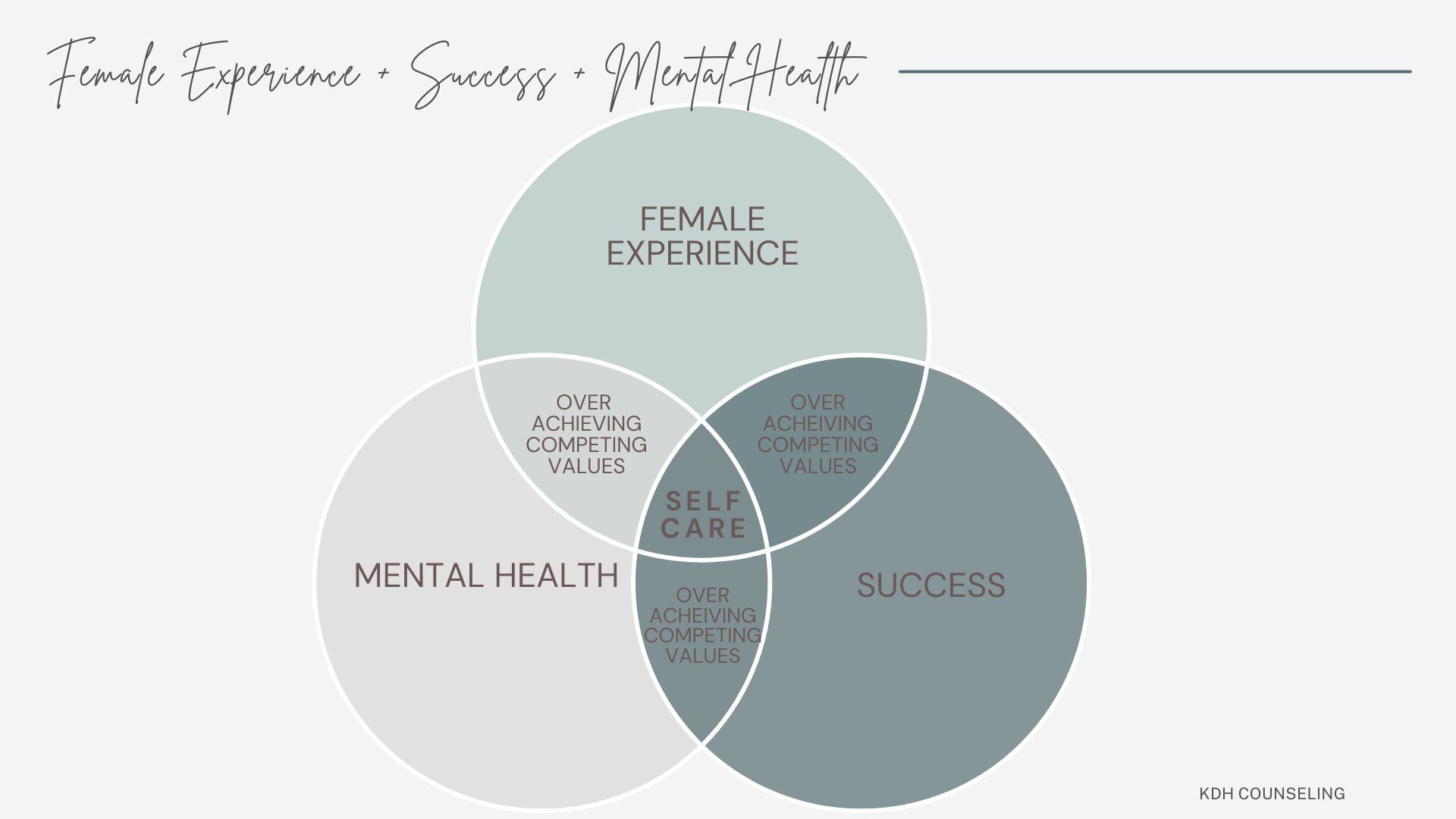How do I Grow Positive Feelings?
Can cultivating a daily habit of growing positive feelings begin with noticing gratitude or victories within ourselves and those around us?...
2 min read
KD Holmes, LPC
:
Jan 10, 2020 1:41:29 PM

Most individuals do not even think it is a problem to be an overachiever. They attribute their problems to procrastination, a lack of intellect, depression, or anxiety.
They fail to realize that the real issue IS that “inner god” that provides the good feelings when a goal is met. It's hard to see that, “I am a perfectionist and this is causing my mental health issues”. People have to buy in to wanting to change this part of themselves. It can be tricky with teens and adults because it is a part of them that feels right and good, so education about the consequences is the beginning of the process.
Am I enough if I don’t achieve perfection/my goals/inner expectations? What will happen if I don’t give it 150 percent? Will I have to accept “failing”? Failing for overachievers actually means making a B or doing a work project to completion rather than over-completion. A lot of times moving through this way of living means addressing the thinking that reinforces the compulsive behaviors. Doing something perfectly relieves the performance anxiety around the project or school assignment.
This way of thinking needs to be challenged in a more adaptive or balanced way, and instead they need to think that they are enough no matter what they achieve. Performance is about putting forth reasonable effort, not about the end result. This can be tricky because I normally say as long as you gave it your all you are good, but with these individuals ALL is extreme and compulsive.
Challenging the end result of thinking with, I am enough, regardless of the end result is more effective. This part of therapy is very personalized to individuals’ thoughts and is challenged by thinking thoughts that each individual can believe in. I have great cognitive challenges but if my clients cannot believe them, they will be pointless. It has to be a challenge the individual can believe.
Managing one’s urges and/or drive to overachieve is a large part of addressing the issue. I like the DBT skill of mindfulness to address this along with some ERP thinking to guide the process. Basically, overachievers’ emotional mental (urges) are dictating choices that are not best for the individual.
Identifying the facts and understanding how the rational mind behaves is crucial. From there using mindfulness to see what their wise mind would say can help individuals access choices that are best for their entire self. This is a process and most of the time clients have to use mindfulness meditations or surfing the urge to assist in facilitating this understanding. Remember that I am here to guide you through this process and to help you work out any blocks along the way. That is the beauty of therapy. You are not alone.

This is similar to managing urges because mindfulness is a relaxation practice. Some individuals implement exercise, yoga, guided meditation, or mindfulness. Again, this is individualized so we will engage in different techniques until we discover what works for you.
EMDR or Eye Movement Desensitization and Reprocessing is sometimes used to assist clients in moving through the overachievement issue. Whether a big or small traumatic event is associated with these symptoms, EMDR can work wonders alleviating anxiety associated with this issue.
Call me today if you have any questions.

Can cultivating a daily habit of growing positive feelings begin with noticing gratitude or victories within ourselves and those around us?...

In today's fast pace and often unrelenting world, where success is measured through tangible achievements and milestones, it is imperative to focus...

I am told by my clients I am gentle, approachable, easy to talk to, and silly. However, working in a room with just one other person can make it...